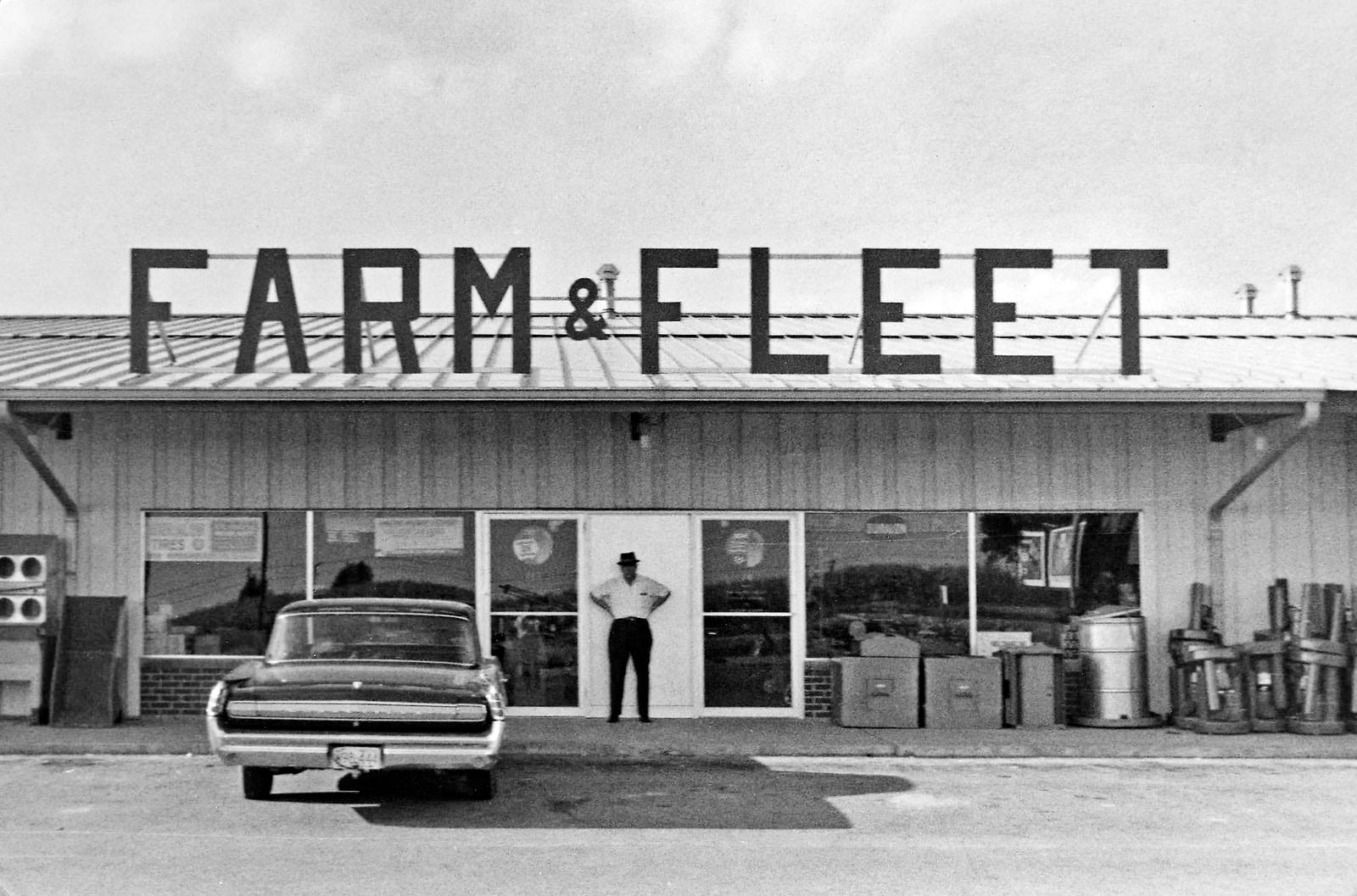For Jane Blain Gilbertson, the distinction between value and values isn’t just philosophical — it’s foundational to the success of her family’s business.
Founded in 1955 by her late father and uncle to provide their hardworking farming neighbors with quality products at fair prices, Blain’s Farm & Fleet has grown to be a Midwest mainstay with 45 stores across four states.
“We always talk about maximizing shareholder value, but our values drive the business,” shares Jane, who broke new ground as the company’s first female CEO during her four-decade tenure. Now serving as sole owner and chief executive chair, she continues to champion the same ideals that guided the business more than 70 years ago.
Read on to learn how Jane carved out her own path, how her experiences shaped her approach to management and succession planning, and how she’s guiding her daughters as they create their own legacy in the family business.
Throughout your childhood, were you exposed to the family business?
Absolutely.
I spent a lot of time with my dad in the office at a young age. I’ve always joked that he paid me in sugar cubes when I was in grade school. When I was 15 years old, I started working in our retail stores — technically they scooted me in under the legal working age. In college I started working in our home office as an admin and eventually became an assistant buyer.
I got to see the family business dealings up close. As I reflect on that time, it stands out to me that there was always conversation about the people — not so much the business per se, but the people that my dad was building the business with. They became an extension of our family.
Was there an expectation that you would come back into the business after college?
There was definitely an expectation that I would come back to the business after I finished school. But as I got further along into college, I felt more independent and like I needed to go do something else. I ended up going to work for another retailer. It was a big, glamorous department store that I always thought was the pinnacle of retail. While I was very fortunate to work for them, my experience there also taught me valuable lessons about how not to do business. Growing up I'd seen firsthand how my dad and my uncle built relationships and honored people, but it was a different world at this other company. I’m so grateful that I had that outside experience. It gave me a completely different perspective and appreciation for what my family had created.
While I was away working, my mother passed away and I made the decision to move back home with my dad and work for the company. Honestly, at 23 years old, leaving behind my social life and career felt like my life was over. But in hindsight it gave me the wonderful opportunity to spend the time with my dad that I didn't really have a lot of growing up.
We worked side by side together. By this time, he shared with me a lot about the business — and in turn, I felt comfortable giving him advice. At the end of each day, I'd come into his office and tell him about all the things that were wrong with his company. He was so patient with me and would smile and listen. As it turned out, I didn't know a whole lot, but I wanted to be a part of the business and really wanted to help.
Today you own the business. As you reflect, how has the business evolved during your time there, particularly as you began to take on more leadership?
After working for a large public company, when I returned to the business I was shocked to discover that numbers were never shared internally. From store managers to buyers, no one knew the financials of the company. My dad and uncle were incredibly private: I was taught that confidentiality was our biggest competitive advantage since nobody knew how big we were, or how deep our pockets were. Eventually I began to realize it could also be our biggest disadvantage. It started to become obvious to me that there were synergies being missed. This was probably the single biggest change we made over the years. When I started the transition toward more transparency, our poor IT staff couldn’t believe we were undoing the very systems it took years for them to establish.
As I worked in the business longer, I actually understood my dad’s perspective and realized how hard it was to share data within the organization. I would ask myself, ‘Do they know how to use the information? Do they understand it?’ We still don’t share publicly what our business does, but we have worked to strike a balance with sharing key information internally to drive efficiency.



The evolution toward greater transparency is something we see frequently with next generation business owners. Can you share more about how this shift has changed the business under your leadership?
There were two big events that pushed us toward greater transparency: When we borrowed money and when we brought on an independent board. While my dad and my uncle had borrowed money early on to make the business happen, I grew up with the idea that ‘cash is king’ so we had no debt until we underwent two major transactions. First, my brother and I bought out the other side of the family that had ownership after my dad and uncle passed away. Then, 10 and a half years later my brother retired, and I bought him out. These two transactions really brought a lot of accountability and support.
When we brought on an independent board, we also gained the benefit of more eyes on the business — and in turn, important questions. I think over time businesses have a tendency to get a little fat and lazy when no one's looking. Knowing you have others that you have to answer to adds a different level of accountability. Having the oversight and support of a banking partner and a board have been extremely good for us as a company.
How else has bringing on an independent board impacted the company’s culture?
There was a time 15 years ago when even management was reluctant to give feedback. I really appreciate the board’s willingness to give an informed perspective and say what needs to be said. When we onboarded our new board and when I built my own leadership team, my number one mission was to make sure they were empowered to say what needed to be said in the moment — not in the hallway afterwards. Because those conversations always happen; they just don't always happen when they need to.
